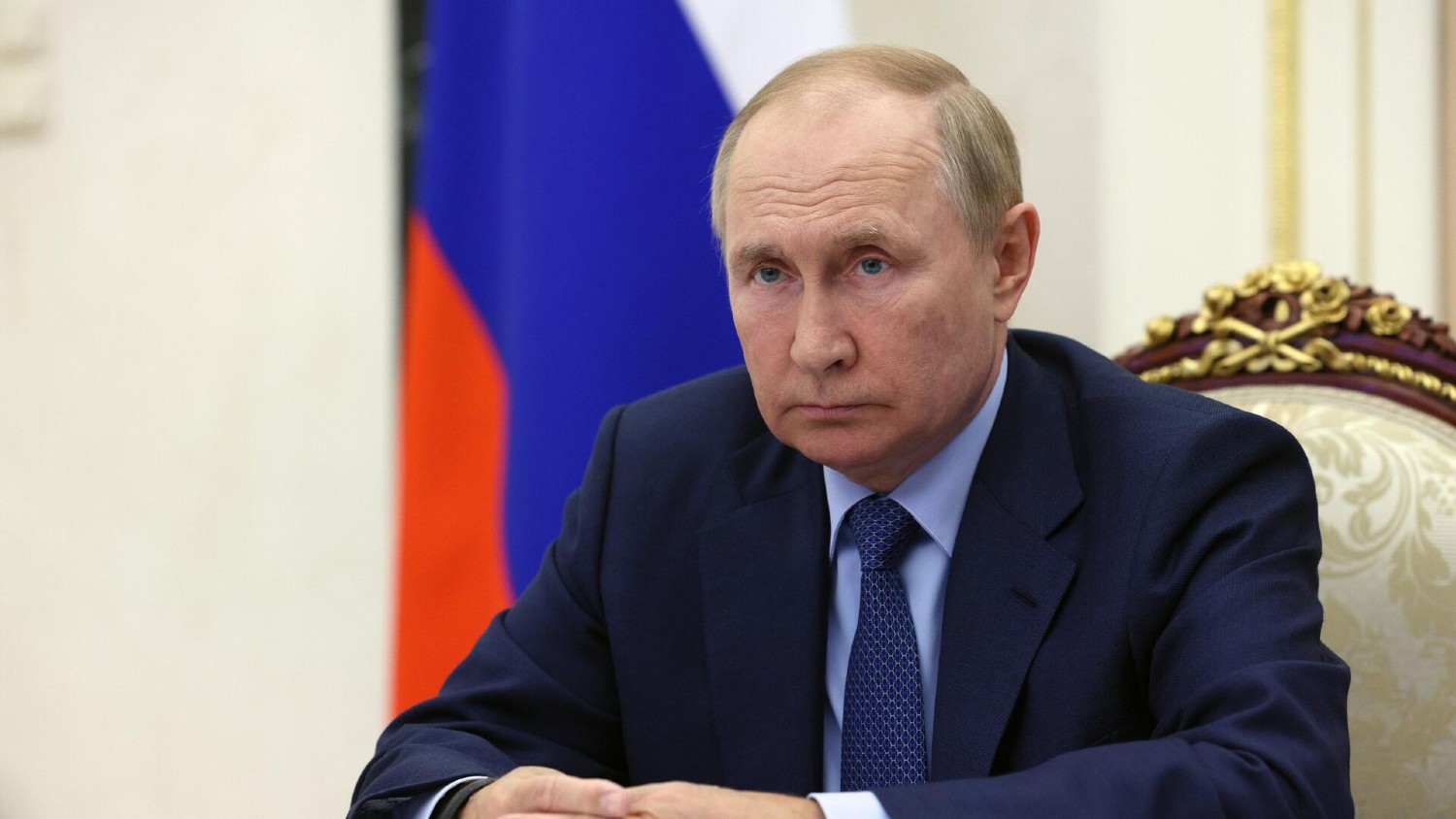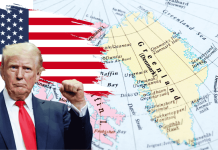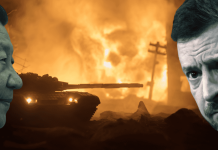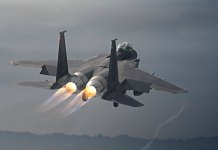Pope Francis Angelus’s advice to Ukraine to raise “the White Flag” and negotiate peace with Russia has been questioned by world leaders, but the fact remains that the war in Ukraine has to be stopped.
In a rare gesture of putting an end to bloodshed in the Ukrainian war, His Holiness Pope Francis Angelus has said that Kyiv should have the “courage” to negotiate an end to the war with Russia, reported the Associated Press on March 10.
In an interview recorded last month with Swiss broadcaster RSI and partially released on March 9, the Pope used the phrase “the courage of the white flag” as he argued that Ukraine, facing a possible defeat, “should be open to peace talks brokered by international powers.”
Pro-Ukrainian circles and the diehards within the Ukrainian power structure have drawn the inference that the Pope thinks Ukraine is fighting a losing battle and further bloodshed is nothing but senselessness.
Critics
The Pope’s appeal did not find favor with all. The foreign minister of Poland, a vocal ally of Kyiv, and Ukraine’s ambassador to the Vatican both used World War II analogies to condemn the Pope’s remarks, while a leader of one of Ukraine’s Christian churches said that only the country’s determined resistance to Russia’s aggression had prevented a mass slaughter of civilians.
In their opinion, the Pope should have balanced his statement by cautioning Moscow for its design of aggression against a smaller country. They argued “How about, for balance, encourage Putin to have the courage to withdraw his army from Ukraine? Peace would immediately ensue without the need for negotiations,” Polish Foreign Minister Radek Sikorski responded with a post on X, formerly Twitter.
These critics rush to place the Ukrainian war at par with World War II and draw inferences like (in a separate post), Sikorski drew parallels between those calling for negotiations while “denying (Ukraine) the means to defend itself” and European leaders’ “appeasement” of Adolf Hitler just before World War II.
Implausible Comparison
We think the comparison is implausible because the circumstances and the scope of conflict are quite different from World War II. Hitler had designs to change the geography and history of Europe with ramifications for the entire globe.
That is not the design of Russian President Vladimir Putin. Put bluntly, his concern is that Ukraine should desist from allowing its soil to be used as a launching pad for an attack on Russia. In other words, he wants Ukraine not to be a proxy of NATO, which has been stretching its tentacles in a dangerous way that poses a threat to Moscow.
Hitler had initiated ethnic aggression against the Jewish community and wanted to tell the world that the German race was superior to all other races and had the divine right to assume supremacy over all others in the comity of nations. That is not at all the case with Putin. Therefore, he cannot be equated with Hitler and his war. This misconception makes things complicated and if good sense prevails, stakeholders must desist from making erroneous comparisons.
Consider, for example, the utterances of Andrii Yurash, Ukraine’s ambassador to the Holy See, He said that it was “necessary to learn lessons” from that conflict. His post on X appeared to compare the Pope’s comments to calls for “talking with Hitler” while raising “a white flag to satisfy him.”

Vatican’s Clarification
The harsh critical reaction to the Pope’s statement necessitated the Vatican to come out with a short rebuttal. A Vatican spokesman clarified that the Pope supported “a stop to hostilities (and) a truce achieved with the courage of negotiations” rather than an outright Ukrainian surrender. Matteo Bruni said that the journalist interviewing Pope Francis used the term “white flag” in the question that prompted the controversial remarks.
There is good sense in this short clarification and we do not find it necessary that the statement of the Pope should be attributed as a partisan observation. Politicians with a penchant for egotism can invent arguments to buttress their standpoint, losing the humanitarian aspect of the case and forgetting that a sensible peace deal means give and take.
The White Flag Is Symbolic
President Volodymyr Zelenskyy of Ukraine must fully understand that within the US polity, a fierce debate is raging over whether the US should continue supplying arms and war equipment to Ukraine. He has to be pragmatic and understand that the world at large is discrediting wars fought by proxies.
Now, consider the other part of the Pope’s statement and assess its value and weight in the context of pragmatic statesmanship. “I think that the strongest one is the one who looks at the situation, thinks about the people and has the courage of the white flag, and negotiates,” the Pope said when asked to weigh in on the debate between those who say that Ukraine should agree to peace talks and those who argue that any negotiations would legitimize Moscow’s aggression. Those who carry “the White Flag” are not necessarily and always weak and beaten. The Pope made the profound observation when he noted that NATO was “barking at Russia’s door” with its eastward expansion. Zelensky must understand that the world understands what he may try to hide.
Turkey Offers Mediation
Meanwhile, President Recep Tayyip Erdogan said after talks with his Ukrainian counterpart Volodymyr Zelenskyy in Istanbul that Turkey is ready to host a summit between Ukraine and Russia to end the war, reported Aljazeera on March 8. Speaking after their meeting, Erdogan, who has balanced relations with Moscow and Kyiv throughout the two-year war, spoke of “opportunities that Turkey can provide with its stance.”
“While we continue our solidarity with Ukraine, we will continue our work to end the war with just peace based on negotiations,” he said.
Zelenskyy said the talks had been “sincere and fruitful,” though he refrained from alluding to the mooted peace summit in a statement released on X after the meeting. “Both sides have now reached the limit of what they can achieve through war,” Turkish Foreign Minister Hakan Fidan said this month.
The Erdogan-Zelenskyy meeting comes a week after Russian Foreign Minister Sergei Lavrov met his Turkish counterpart Fidan at a diplomatic forum in Antalya.
Russian President Vladimir Putin was set to visit Turkey last month but postponed the trip, according to Turkish and Russian media citing diplomatic sources. The Kremlin said it was rescheduling the visit.
Wars are fought, and peace is made. When to make peace is what the fighting parties must understand. In the words of the Turkish foreign minister, both sides have fought and got exhausted; they must come to a negotiating table.
Carrying the white flag is not a sign of weakness or defeat. The other party will have to respond adequately. How long will NATO and its allies supply war material to Ukraine? How long will Moscow continue to obtain war material from Iran or North Korea? In prolonged wars, there comes a time that may be called the point of shame.
The Ukraine war must end!
- OPED By KN Pandita
- With Inpiuts from Tass and RIA
- Prof. Pandita (Padma Shri) is the former director of the Center of Central Asian Studies at Kashmir University. Views Personal Of The Author.
- Follow EurAsian Times on X (formerly Twitter)




